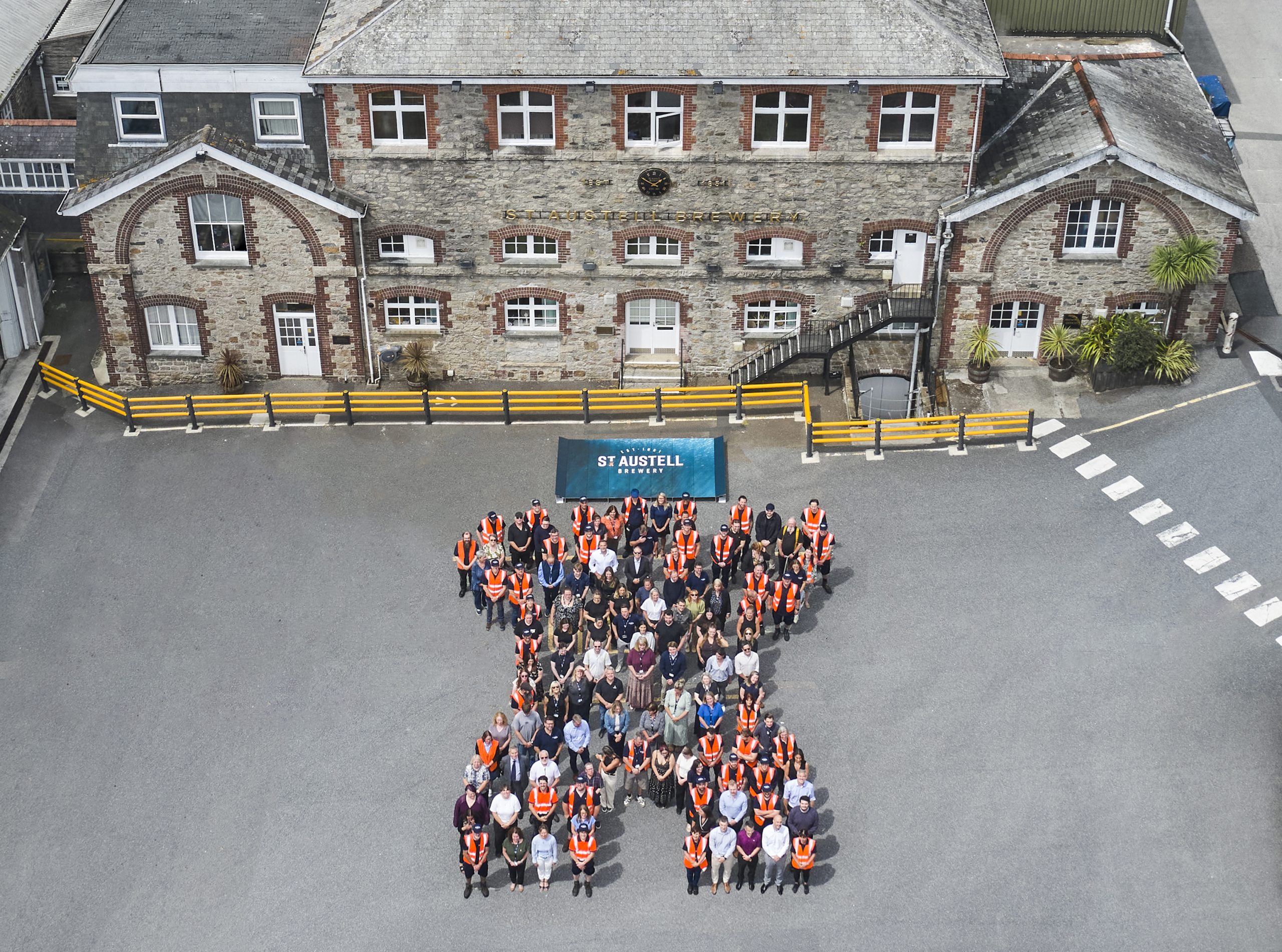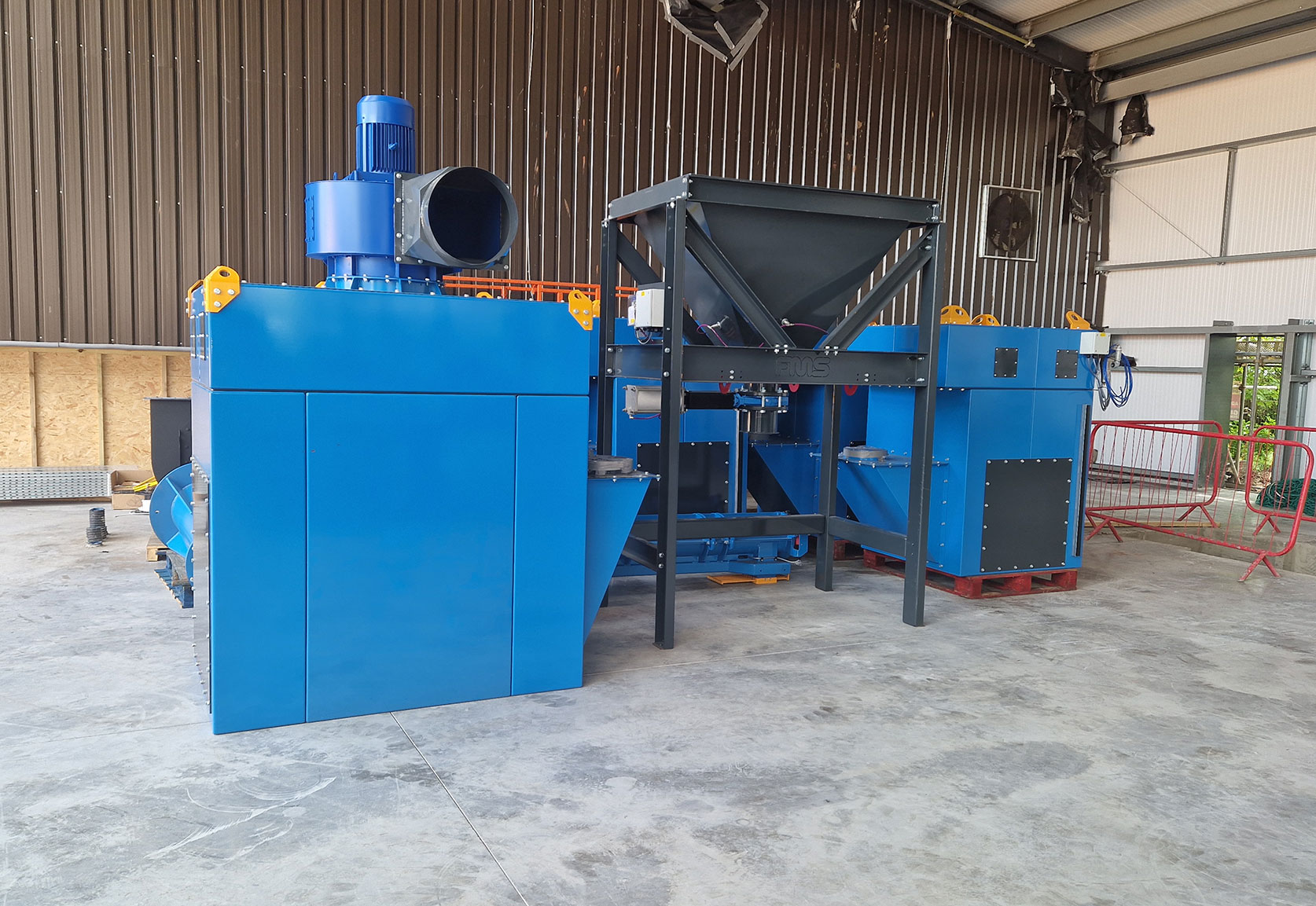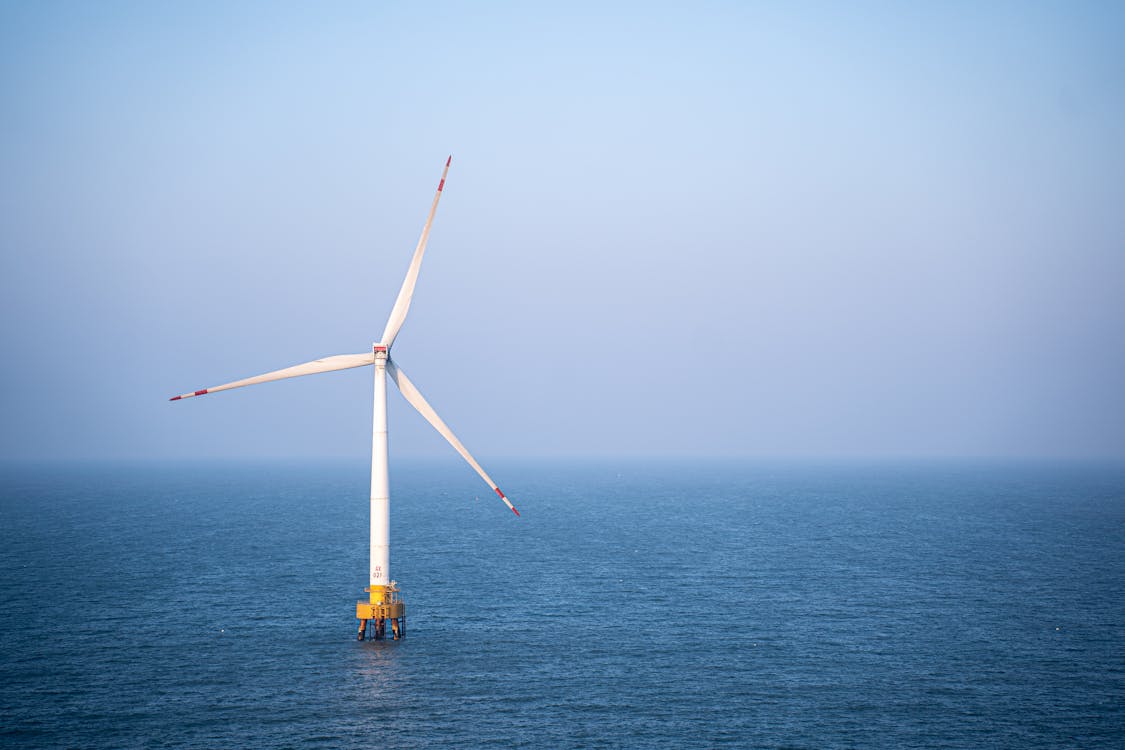Following the EU summit last week and the Prime Minister’s subsequent statement, it is now increasingly likely that the UK will end the Brexit transition period on 31 December 2020 with no Free Trade Agreement (FTA) in place.
Even with an FTA, businesses need to plan for the introduction of a physical border between GB (England, Scotland and Wales) and the EU, with the requirements for full customs documentation and the potential need for other checks on goods crossing the border, such as inspections for food and other animal products entering the EU. The detailed requirements are set out in the government’s Border Operating Model, which was updated earlier this month.
A key additional consideration in the absence of an FTA is the fact that customs duties may be due on goods imported into the EU from the UK or into the UK from the EU.
Customs duties for goods entering the EU will be based on the EU’s common external tariff and a key feature of this tariff is the high levels of duty on many food products and also on some sectors such as automotive.
The UK has published its own proposed tariff for 1 January 2021 and, although it has low duty rates in many areas, it also contains high tariffs on many food products and on automotive parts.
This will cause problems for UK businesses in two areas:
- Exports to the EU – previously free of all duty, there will now be a tariff on many goods when they are imported into the EU. This will increase the cost to the customer and is likely to lead to some price renegotiations.
- Imports into the UK from the EU – particularly in respect of food and automotive products some of the new UK tariffs are set at significant levels. There will therefore be an extra cost in the supply chain which may need to be passed on to customers, but may lead to a reduction in margin or in sales.
The final issue to consider is who is responsible for both customs documentation and any tariffs when goods move from GB into the EU or vice versa.
This is usually determined by the Incoterm for the transaction – incoterms have generally been ignored in EU single market/customs union transactions but will become very important particularly if customs duty will be payable within a supply chain. Visit our International Advisory Knowledge Hub for more Brexit Guidance.









